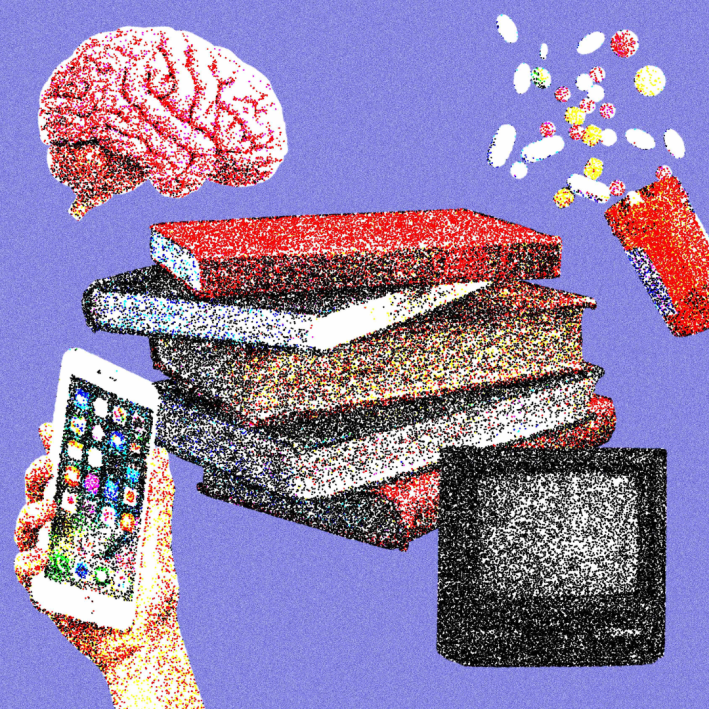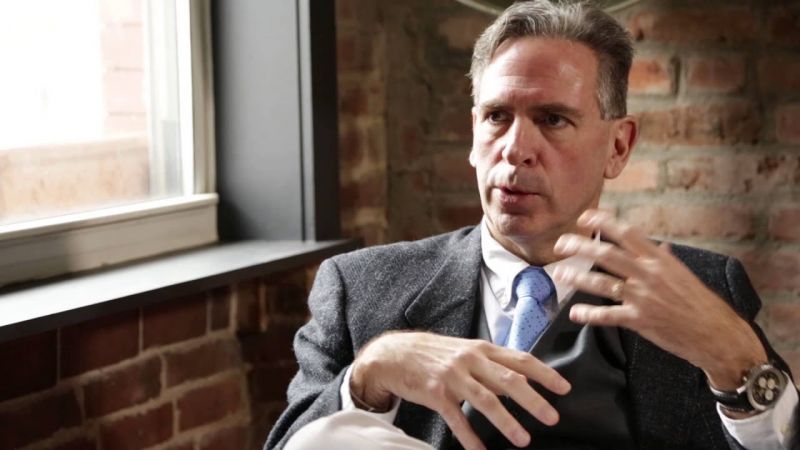Mental Health & The Tales We Tell Ourselves: Part 2
Exploring the consequences of co-opted clinical language.
Escrito por Conor Truax

01 This is part two of a four part series exploring mental health, from the language we use to social media to the role of labels play on our identity.
02 Conor recalls his own journey navigating symptoms of OCD, and how false depictions prolonged the time it took for him to properly manage symptoms.
03 While it seems small, the everyday language we use affects how people navigate treatment.
A year into the pandemic, with time at my disposal, an inexorable feeling of uncertainty crept into my perspective. I spent hours ruminating on past interactions, anxious that I had unknowingly crossed a threshold of normalcy, confirming my suspicions that I was an unsalvageable person. It was a logic I could not understand, because it was not a logic at all — it was my brain’s self-protection gone haywire.
It was not until a year later that I pursued appropriate treatment for these symptoms. Despite not fitting neatly into the conventional manifestations of OCD, it was determined that most of my symptoms followed the pattern of the condition: a distressing obsession, a compulsion to reduce discomfort, and a seemingly interminable cycle that positively reinforced itself to a size that couldn’t be ignored. It was not a surprise to me that there was a term for my set of symptoms, but I was surprised that these symptoms could be mapped to OCD.

Dr. Phillipson Talks Science, Symptoms & Treatment of OCD
I’d always been told I had an “overactive” mind. This, to my teachers and peers, was my strength. Admitting a personal shortcoming was a source of devastating shame. Even the practitioners I spoke to were surprised — any compulsions I had were ruminative, obscured, and ultimately unobservable. I had a new job in New York, undergraduate awards, publications. Like countless others living with this condition, I spent years confused by my symptoms, largely due to the messaging we receive about what OCD actually is.
Offhand remarks in casual conversation (e.g., “I’m so OCD”) and media mentions have painted an erroneous picture of the condition. Even well-intentioned articles I had read before my diagnosis, such as this one from the New York Times, added to a narrative of despair, misunderstanding, and outright fiction that clouds the reality of the condition — whether it be flat reductions to germaphobia or inappropriate depictions of treatment.
OCD is oftentimes presented as being an issue of irrational fixation on order and cleanliness, which minimizes the plethora of other experiences that fall under the OCD umbrella. The reality is that all sufferers, regardless of the expression of their symptoms, experience the same misfiring fear response in the amygdala that makes uncertainty exponentially more uncomfortable.
Still, the same old tropes of OCD have been repeated, refracted and amplified again and again. Many people even go as far as portraying it as a strength, which was done recently in a misguided article in Psychology Today titled "5 Surprise Benefits of Obsessive Compulsive Disorder", authored by someone with no experience or expertise in the subject of OCD.
Currently, confused cultural misrepresentations disrupt diagnoses of mental health conditions, and exacerbate biases and stigmas among sufferers, loved ones, and clinicians. This goes far beyond OCD. As our understanding of conditions has improved over recent decades, it is vital that the way we portray and talk about these conditions maintains a focus and attentiveness, which can only come from knowing all we have the energy to know, and admitting all that we don’t.
For sufferers of OCD, it takes an average of seventeen years to receive a diagnosis. For those with bipolar disorder, it takes an average of eight. These are years oftentimes marred by depthless suffering, suicidality, risk of substance use, and general dishevel. These are people who deserve more. At the very least we need to ask ourselves: What are the societal and personal motivations to reduce the suffering of diagnosable mental health disorders to quirky personality traits, and what are the consequences?
<>
This is part two of a four part essay.
Click here for Part One
Click here for Part Three
Click here for Part Four
You can find Conor here.
Apoya nuestro trabajo
Nuestra misión es cambiar la manera en que el mundo percibe la salud mental.



















